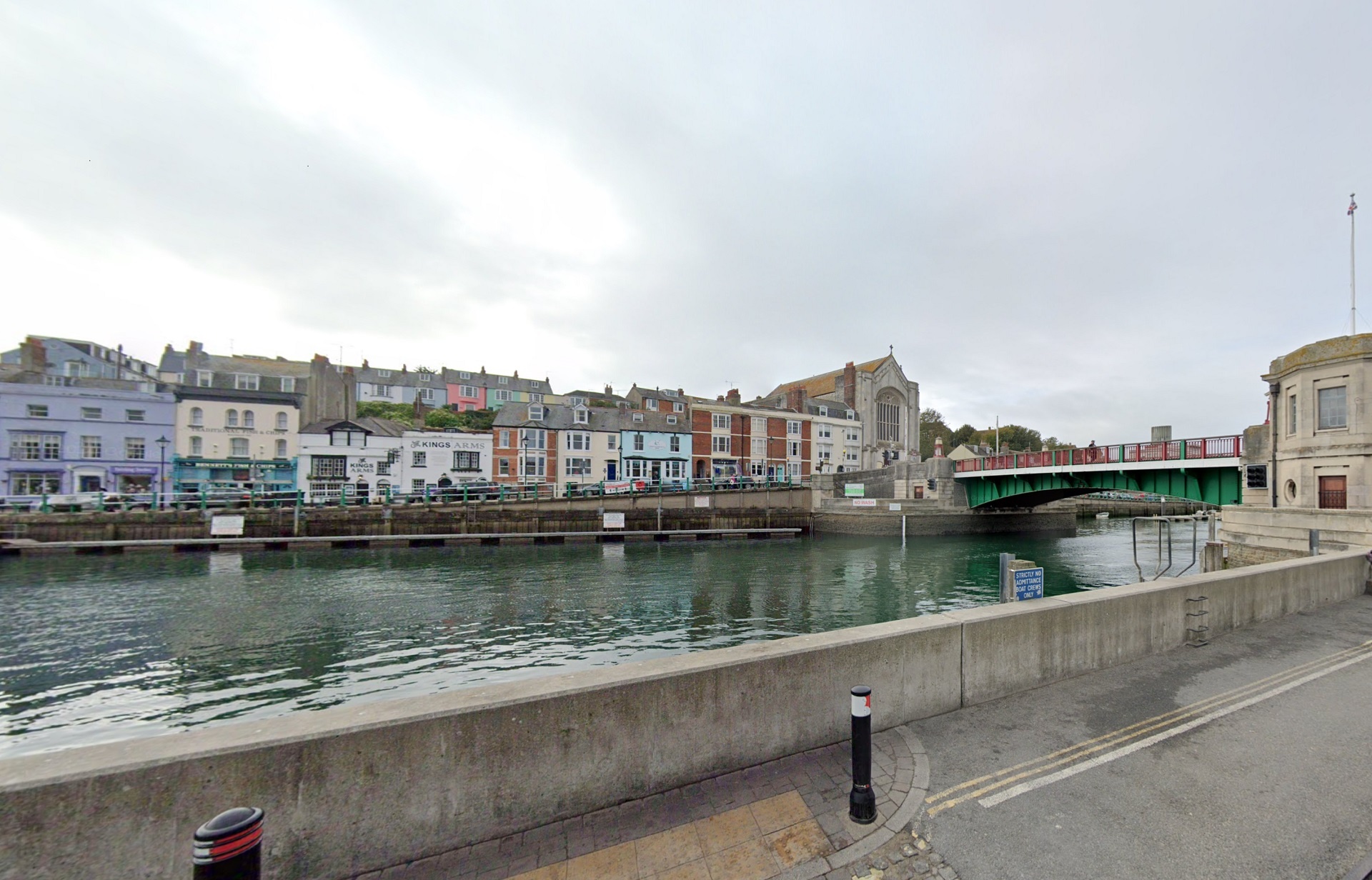As COP26 continues, Dorset Council has sent letters to key members of central government calling for further help in tackling the Climate and Ecological Emergency. The following summarises the key points within the correspondence.
Among those with whom the letter has been shared are all local MPs whose constituencies are based within the Dorset Council area, and detailed letters expanding on the respective themes in the letter below have also been sent to the following: The Rt Hon Michael Gove MP (From Cllr David Walsh, Portfolio Holder for Planning), The Rt Hon Grant Shapps MP, Julia Lopez MP, Greg Hands MP.
From Cllr Ray Bryan, Portfolio Holder for Highways, Travel and Environment, Dorset Council: –
Back in May 2019, at our very first Full Council meeting, Dorset Council declared a Climate and Ecological Emergency (CEE). Supported by councillors from across the political spectrum, we have spent the last two years putting together a strategy for how we will play our part in tackling the greatest existential crisis ever faced by mankind.
We’ve done the research, looked at the available data and set out how we can achieve our goals at a local level. We’ve already made remarkable progress in reducing our carbon footprint via energy efficiencies in our buildings, developing and transforming active travel with our partners at BCP Council, and celebrated the continued success of our waste recycling services, which are amongst the best in the country, to name just three examples.
But there’s an uncomfortable truth that I need to bring to your attention; it won’t be enough.
Dorset Council’s services account for only 1% of the county’s carbon emissions. And yet, to achieve carbon neutrality as quickly as possible, we – as in the people of Dorset – need more money and better support from central government in dealing with the CEE, especially in the wake of the financial challenges caused by the pandemic.
As a coastal county and predominantly rural, the dangers of increased flooding incidents and other extreme weather events alone caused by climate change could be catastrophic for our communities.
We are doing everything we can to address the Council’s carbon footprint, but the remaining 99% of emissions can only be tackled by everyone – central government, businesses, councils and, most importantly, the public – if we work together. And you can help us to make this happen.
With post-pandemic recovery well underway, there has never been a better opportunity to demonstrate how “Building Back Better” can mean making the most of this extraordinary chance to invest in infrastructure that will help prevent and address the worst consequences of man-made climate change.
It’s also the perfect time to make some big changes to national standards, legislation, and procedures to ensure that everyone is pulling in the same direction. We feel that councils need to be provided with significant new powers, responsibilities, and funding to deliver an inclusive and green recovery in their local area.
Here are some of the things we’d like to see the government address: –
- Remove hurdles for renewable energy deployment. It’s unnecessarily difficult to set up solar arrays, wind farms, and tidal power generation in terms of bureaucracy, funding, and physical infrastructure. The economics of subsidy free renewable energy is extremely challenging with a high degree of uncertainty, with network constraints in Dorset increasing these risks and cost, driving up the scale of development and planning issues. In addition, the planning system is unsupportive of on-shore wind, largely ruling out this technology – this needs to change immediately.
- The latest National Planning Policy Framework doesn’t go far enough when looking at climate change prevention. We want increased enforceable standards for building insulation and energy efficiency (as have been introduced in Scotland), implemented nationally so developers can’t just choose to build elsewhere. We want to see massive investment to bring all existing homes up to the highest possible energy efficient standard by 2030. Councils should also have greater powers to refuse planning permission for developments that negatively impact their local environment and are energy inefficient.
- We need more investment in sustainable public transport infrastructure and active travel, especially in rural areas. Over the past few decades, local councils have been forced to cut subsidies for bus services and, as a rural county, Dorset was impacted more than most. We cannot expect people to get out of their cars and onto public and active transport if the service provision just isn’t there. The reduction in emissions from private transport would be significant, and the health benefits of increased walking and cycling are huge too, helping take pressure off the NHS
- We want stronger support for digital infrastructure and flexible working. Enabling employees to work from home during the pandemic has maintained productivity and lowered travel-related emissions. However, some still struggle with connectivity issues, while tacit support from government for “get back to the office” messages is both insulting and counter-productive for those who have worked harder than ever over the past 18 months from their homes. Digital infrastructure investment will allow for this change in working to continue, helps businesses – especially those in rural areas – and is significantly better for the environment as commuting is greatly reduced.
For too long, many people have seen the potential adoption of greener policies and the transformation of our economy, both at a national and local level, as a negative; That by addressing the CEE and putting environmental and ecological benefits ahead of all else, it will mean a level of sacrifice and compromise that some people are not willing to accept. It does not need to be this way. We just need to change our focus to building prosperity around a sustainable economy, rather than slip back into old habits and traditional areas of development that can harm our environment.
If the UK Government can demonstrate bold leadership and use this once-in-a-lifetime opportunity to empower local councils, businesses, and communities to build a better Britain that recognises the Climate and Ecological Emergency and its scientifically predicted consequences, we can ensure that future generations reap the benefits of a healthier planet and strong economy.
I have faith that our leaders will take the urgent action necessary to invest in a cleaner, greener future for our country and remove the obstacles we face as we all work together to do what is necessary to address this crisis.
Yours sincerely,
Cllr Ray Bryan
















